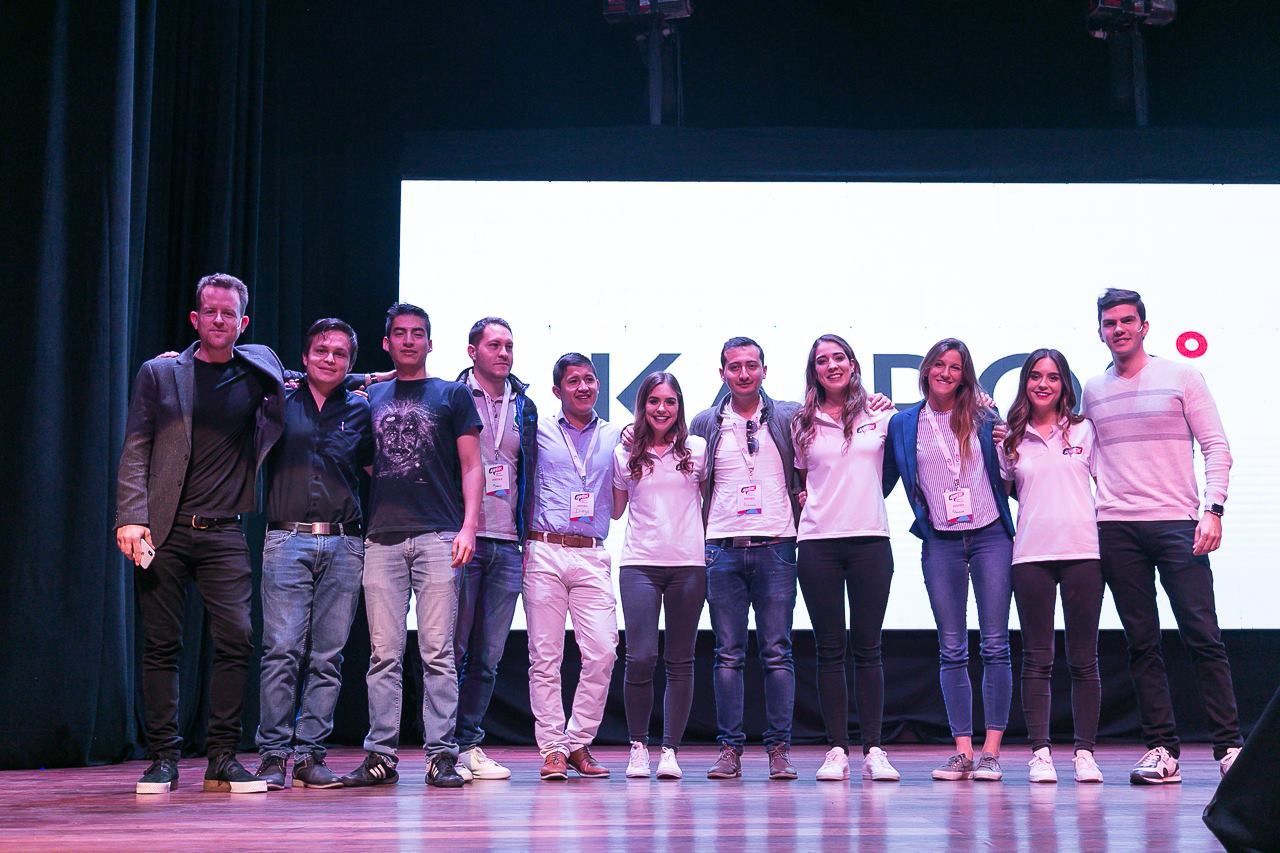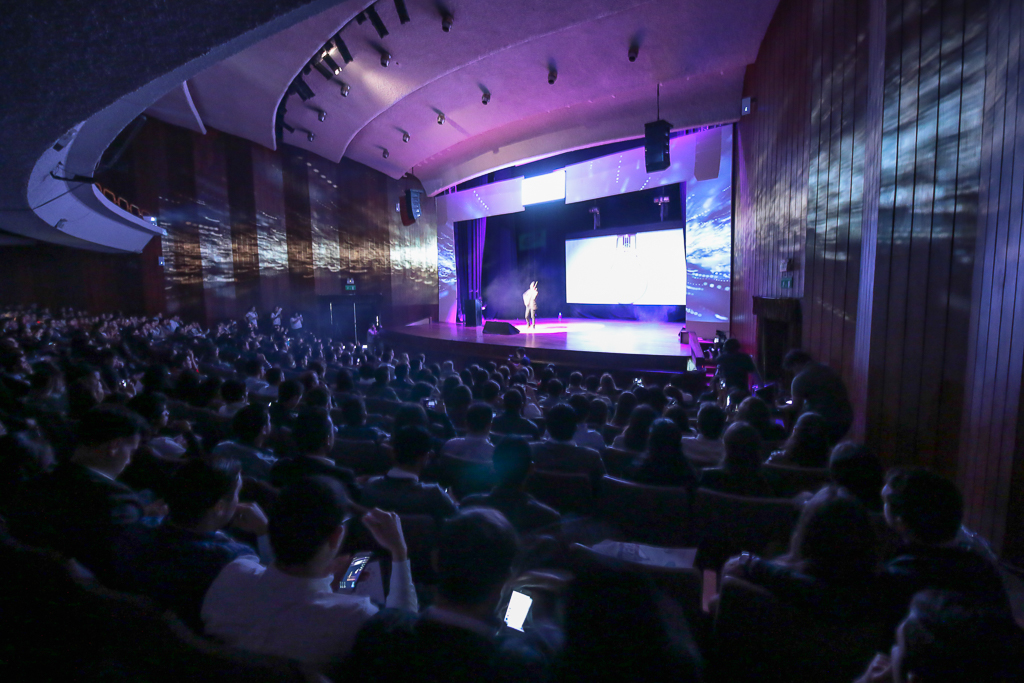By Alejandra & Vanessa Pena
A journey of a thousand miles begins with a single step… -Lao Tzu
We could trace our first step back to Cuenca, the city where we were born, a valley in the core of the Andes mountains in Ecuador. Our desire for exploration and the constant need to step out of our comfort-zone motivated us to live in many different parts of the world, ultimately leading us to the United States to begin our college journey at Northeastern University.
With our roots deeply seeded in Ecuador, we started to explore ways in which we could give back all the opportunities we have received throughout our lives, for the advancement of our society. However, it wasn´t until we took Global Social Enterprise with Professor Shaughnessy that this notion of “giving back” started to take form. We began to realize there was a sustainable, measurable and organized way of giving back to society. Even though it now seems obvious, the idea of using market forces to drive social change was a strange yet fascinating concept to us. This led us not only to take our second step, but it also allowed us to get more involved with Social Enterprise Institute, start a microfinance pilot in Cape Town with a fantastic group of Northeastern students, and embark on one of the most eye-opening trips of our lives, the India Dialogue with Professor Minard.
Often we are so blinded by our limited experiences or privileged positions that we forget how interconnected our world is, and how all humans, no matter where we are born, require the same necessities. Some of us have to travel to the other end of the earth to get rid of individual social biases that cloud our understanding and prevent us from seeing the actual reality. The dialogue in India allowed us to break free from the paradigms and stereotypes surrounding poverty. We came across incredible and resilient entrepreneurs that multiplied the little that they had, and helped us see very clearly that the cause of poverty is not due to a lack of capabilities but rather, a lack of opportunities. India allowed us to demystify the notion of “the poor” and helped us realize the humanity in each individual; the humanity that connects us and transcends any physical, cultural or social form. This awakening continued to grow deeper, and the idea of creating opportunities for people in our country became our compass in life.
Our third step was to start replicating and creating the opportunities we believed helped us the most. We wanted to find resilient and resourceful people in Ecuador that could benefit from those opportunities and multiply them for the benefit of others, just like the entrepreneurs we met in India. Thus, in 2017 our ideas were materialized in Aweik, a space to promote social entrepreneurship in Latin America, starting in the city where we were born. What was planned to be a 40-person conference turned into an event that brought 800 individuals together, which in turn transformed into a community of 4000 like-minded and driven individuals with the potential to jumpstart a chain reaction of positive actions that will bring lasting change to Latin America.

Our fourth step began after our co-ops at Kiva, a social enterprise in San Francisco, and Next Caller, a tech startup in New York. We realized that technology has an exponential power, and if harnessed correctly, could magnify any social impact. For Aweik 2018, which was held in January, we wanted to support technology-focused entrepreneurs and empower them by connecting them to global opportunities. To achieve this, we partnered with Kairos Society, a global community of Fellows, Founders & Advisors that work together to identify and solve society’s most pressing challenges. Along with another Northeastern Student from Ecuador, Viviane Macias, we launched Kairos Society in Ecuador. Besides, we brought six international speakers from Latin America, all of under the age of 30, who are solving significant challenges. One of our speakers was Julian Rios an 18-year old Mexican CEO of Higia Technologies, a biosensors company devoted to boosting women’s quality of life by detecting breast cancer at early stages. We also wanted to give the space to local entrepreneurs and build a platform that was going to empower women. For that reason, our Ecuadorian speakers were two women working to change the educational system in Latin America.
 The event ended up being a great success and attracted people from all over the country and certain parts of Latin America. But perhaps, one of the biggest accomplishments was the support and collaboration of the public and private sector. In the end, we managed to raise funds from 18 sponsors, got the support of 13 media partners and the endorsement of 4 universities in our country. One key learning from this experience is that when you act with a purpose that transcends your sole personal benefit, collaboration happens naturally. Currently, Aweik acts as a neutral platform where influential business leaders, policymakers, and young and talented entrepreneurs can exchange their ideas and come up with solutions to solve Ecuador’s most significant challenges. It has become a space where people can think differently, disrupt, and innovate the entrepreneurship ecosystem in our country. As we continue to move forward, step by step, we face the challenge to keep the momentum going and to make sure that the ideas generated during the event will transform into concrete actions that will benefit the people at the bottom of the pyramid.
The event ended up being a great success and attracted people from all over the country and certain parts of Latin America. But perhaps, one of the biggest accomplishments was the support and collaboration of the public and private sector. In the end, we managed to raise funds from 18 sponsors, got the support of 13 media partners and the endorsement of 4 universities in our country. One key learning from this experience is that when you act with a purpose that transcends your sole personal benefit, collaboration happens naturally. Currently, Aweik acts as a neutral platform where influential business leaders, policymakers, and young and talented entrepreneurs can exchange their ideas and come up with solutions to solve Ecuador’s most significant challenges. It has become a space where people can think differently, disrupt, and innovate the entrepreneurship ecosystem in our country. As we continue to move forward, step by step, we face the challenge to keep the momentum going and to make sure that the ideas generated during the event will transform into concrete actions that will benefit the people at the bottom of the pyramid.
We know that this is just the beginning for us and that we may still have a thousand miles ahead. However, the idea of this article is to show that a first step towards the change we want is all we need. Sometimes, as international students, we tend to believe there are no opportunities in our own countries and are discouraged from the idea of returning home. However, we have to change that mentality; we cannot complain and wait for the situation of our countries to magically get better with time. If we want opportunities, we have to become agents of change and the catalysts of those opportunities for the people that have been left out. In the end, the equation is straightforward: the more opportunities we have in life, the greater responsibility we have to give back to our country of origin in the most creative ways. In our case, all the steps we took placed us in the exact same position where we started, a valley in the core of the Andes mountains in Ecuador. Paulo Coelho’s novel, The Alchemist, taught us a valuable lesson most people have to travel the world to realize that happiness and purpose lie inside each one of us. In the end, the journey of a thousand miles should be a journey of introspection, a journey of looking deep within and finding a connection to a higher purpose; the purpose that will allow us to take that first step and keep moving.



